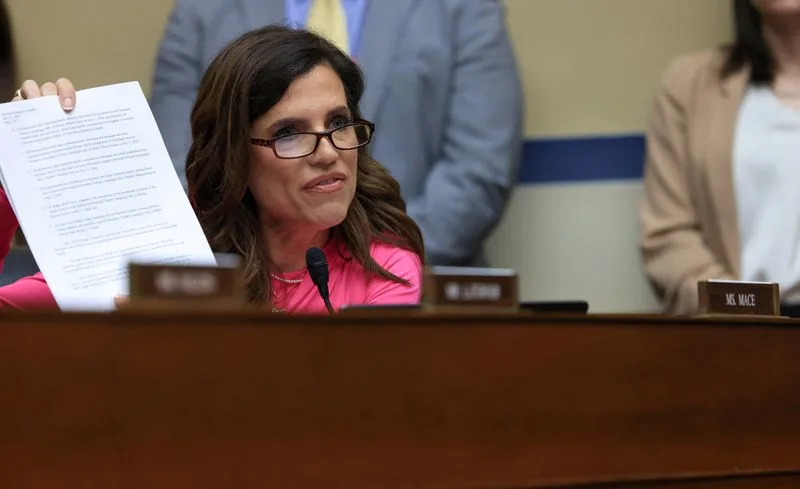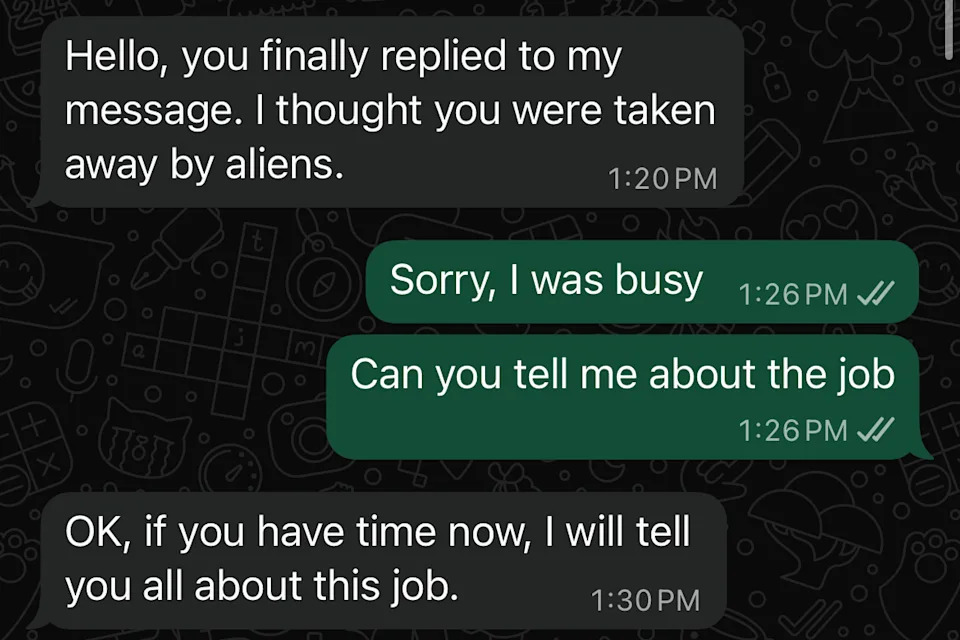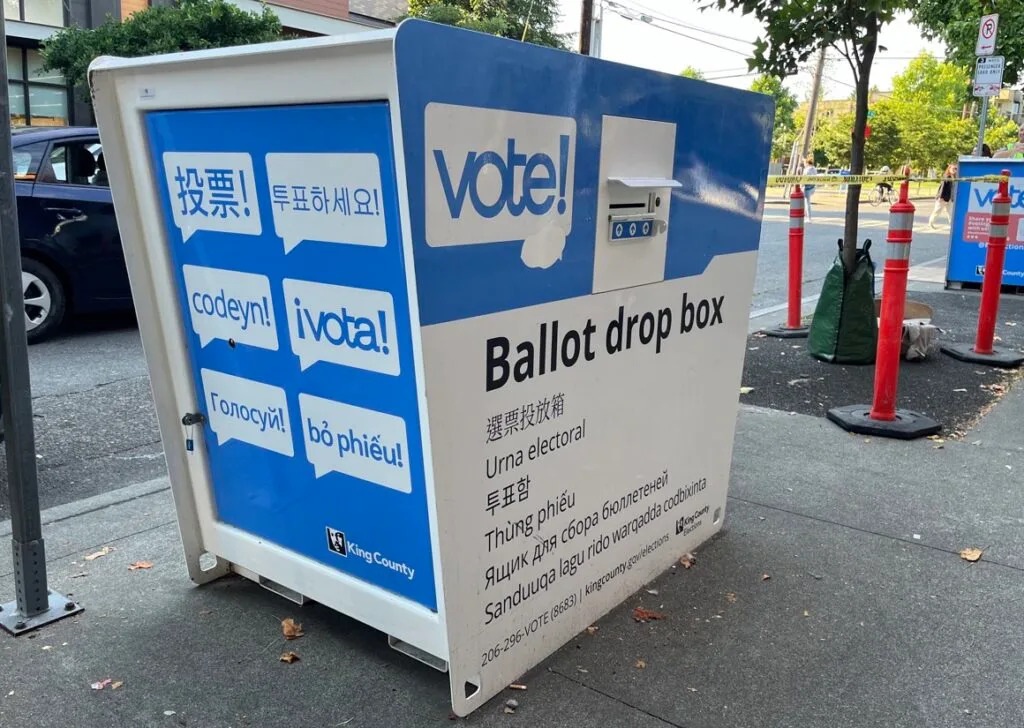
The Utah Auditor’s Office announced Tuesday it had identified up to $2.8 million in public funds that were misused by a nonprofit organization due to inadequate oversight by state agencies.
The auditor’s “Limited Review” alleges the former president of Impact Utah, a manufacturing consulting group, redirected state and federal funds from the Manufacturing Extension Partnership, or MEP, program for private expenditures.
The former president was not named in the report and has not been charged with any crimes at this point.
In response to the auditor’s investigation, which was launched after a complaint was received through the State Auditor hotline, the executive director of Impact Utah has resigned and Impact Utah will cease operations on July 31.
What are MEP funds?
Since 2020, state MEP funding, appropriated by the Utah Legislature to match federal MEP grants, passed through the Governor’s Office of Economic Opportunity with the majority then being distributed to the Utah Industry Resource Alliance.
The Utah Industry Resource Alliance, composed of the University of Utah, Utah State University and Impact Utah, receives $2.8 million in ongoing state funds each year to provide training and support to Utah manufacturers.
Tuesday’s report found that the Governor’s Office of Economic Opportunity and Utah State University, which administer state MEP funds in cooperation with the University of Utah, which administers federal MEP funds, both failed to monitor Impact Utah’s operations in compliance with state code.
“Lack of clear accountability and oversight in the distribution of public funds creates a serious vulnerability,” Utah State Auditor Tina Cannon said. “In this case, a nonprofit organization tasked with supporting Utah’s manufacturers misused taxpayer dollars, enabled by breakdowns in oversight across several layers of responsibility.”
In response to the report, the Governor’s Office of Economic Opportunity (GOEO) sent a statement to the Deseret News, saying the office “dedicates significant time and resources to prevent fraud, waste, and abuse.”
“We join with Utah State University, a trusted partner, in expressing disappointment about how an officer of iMpact Utah allegedly misused grant funds,” the statement continued. “GOEO appreciates the diligent work of the Office of the State Auditor in investigating the complaint. We believe strongly in transparency and accountability and are reviewing our processes to ensure that taxpayer money is being used appropriately. GOEO will continue to work with the Office of the Utah Attorney General during this ongoing, active investigation.”
How was the money misused?
The auditor’s review found that between $1.8 million and $2.8 million in MEP funding was spent inappropriately from 2022 until the end of 2024 by the former president of Impact Utah, who was not named in the report.

More than $2.1 million was transferred from the nonprofit by Impact Utah’s former president to Vereo Impact, Inc., a for-profit corporation, of which the former president was the majority shareholder, the report found.
Impact Utah and Vereo were inappropriately treated as two branches of the same company, according to the report: $400,000 was transferred from Impact Utah to Vereo to purchase another business entity, $100,000 to pay Vereo debt, $50,000 to pay Vereo operating expenses and $26,000 to purchase assets for Vereo.
Impact Utah funds were also used inappropriately to boost the former president’s salary to nearly $519,000 per year, including benefits and bonuses, which was more than double the average compensation received by presidents of other similar nonprofits, according to the report.
Impact Utah’s former president also spent at least $35,715 on personal vacations to Las Vegas, Hawaii, and Florida, including activities like a helicopter tour and a snorkel cruise, as well as other expenses like massages, subscriptions and haircuts that had “no legitimate business purpose,” the report said.
Finally, the report identified nearly $10,000 in political donations made by Impact Utah to three state campaigns and one federal campaign in 2023 and 2024, which is illegal because as a 501(c)(3) entity Impact Utah is prohibited by the IRS from funding campaigns.
“We, at Impact Utah, wish to express our deep regret and sincere apology for the shortcomings in financial management that occurred under former leadership,” the leadership of Impact Utah told Deseret News in a statement.
“The results of the Auditor’s limited review have brought to light issues that fell short of the high standards of transparency, accountability, and integrity. ... We are profoundly sorry for this breach of trust.”
What changes will be made?
Based on its findings, the auditor’s report recommended that the Governor’s Office of Economic Opportunity and Utah State University establish professional oversight standards to comply with state statutes related to grant funds.
As the administering agency, the Governor’s Office of Economic Opportunity was asked to adopt additional monitoring requirements for MEP project recipients, like Utah State University, to then apply to subrecipients, like Impact Utah.
The report also called on the Governor’s Office of Economic Opportunity and Utah State University to determine whether any of the misused MEP funding could be recovered and to consider referring the report’s findings to law enforcement officials.
In their official responses to the investigation as part of the report, the Governor’s Office of Economic Opportunity and Utah State University accepted all of the recommendations, but suggested that contracts and state documentation hindered their oversight.
In a statement to the Deseret News, a university spokesperson said Utah State University is “deeply disappointed by the egregious misuse of state funds by iMpact Utah” and is committed to recover the money.
“Based on the gaps highlighted by the Office of the State Auditor, USU made immediate changes to ensure that all state-approved flow-through funds are subject to USU’s standard internal monitoring and oversight processes,” the statement said.
The University of Utah MEP center stayed in contact with the National Institute of Standards and Technology MEP center throughout the course of the investigation, according to the university’s response to Cannon’s recommendations.
The university said it issued a “Stop-Work order” to Impact Utah on March 26 under federal guidance. In May, the university’s MEP center received full marks in its Federal Annual Review for financial records and reports.
Impact Utah leadership, in their statement to the Deseret News, said the decision to cease operations is meant to “protect the long-term integrity of the Utah MEP program,” which they promised “will implement stronger financial safeguards.”
The organization assured clients that there would be “no disruption in service,” ensuring that all prior engagements will be honored at no additional charge.
In a separate statement to the Deseret News, the Utah Manufacturers Association clarified that as a non-voting member of the Utah-MEP Alliance it does not have “direct oversight or involvement in the financial operations or program administration of the broader MEP network or Impact Utah.”








Comments